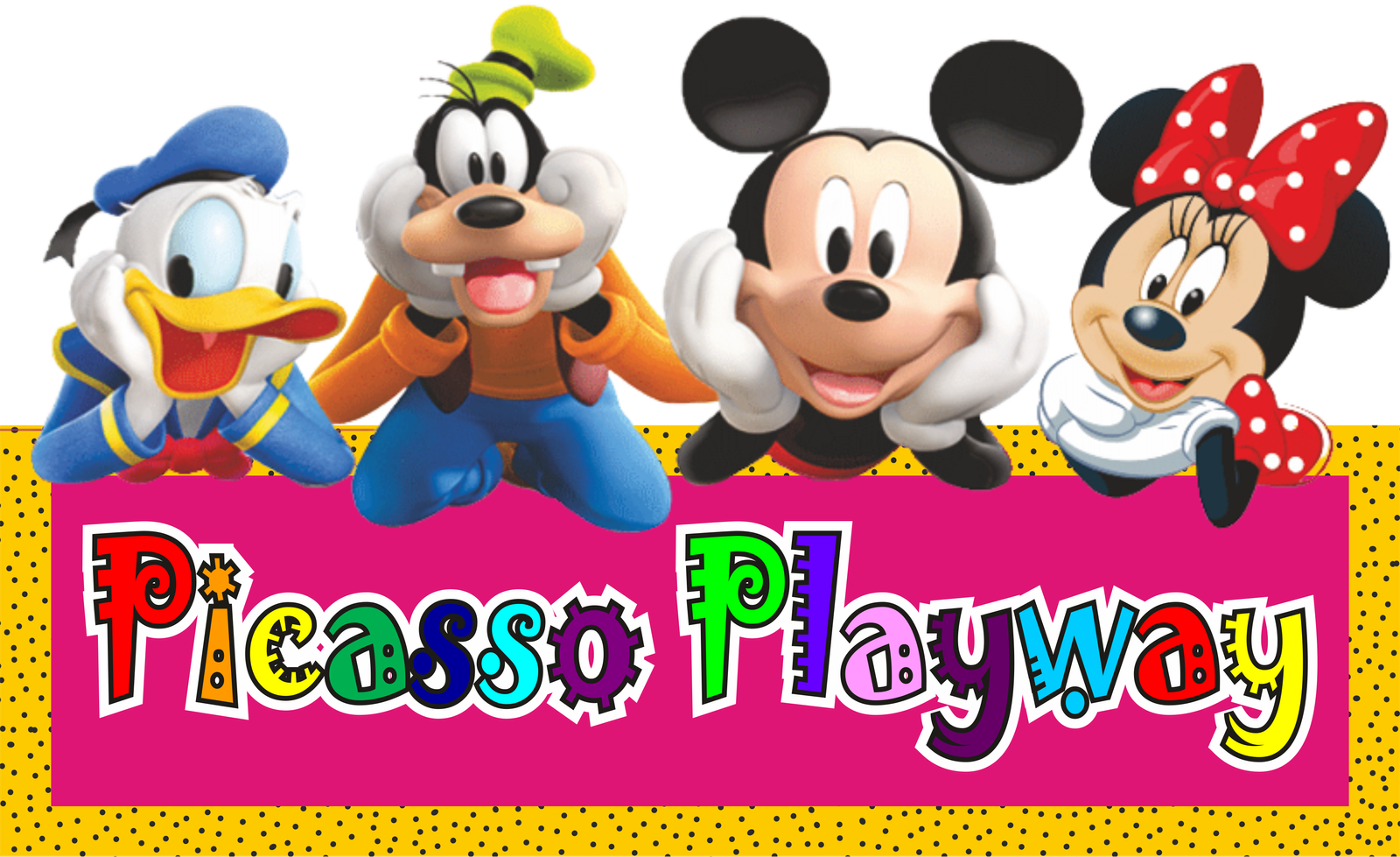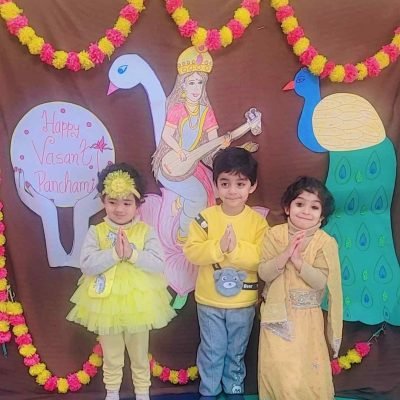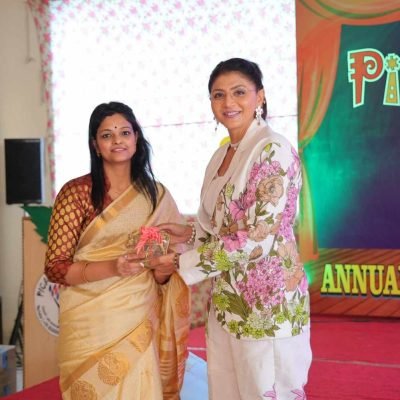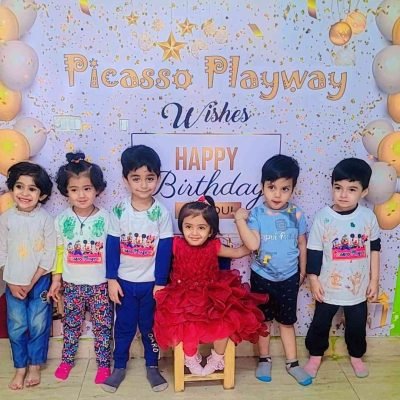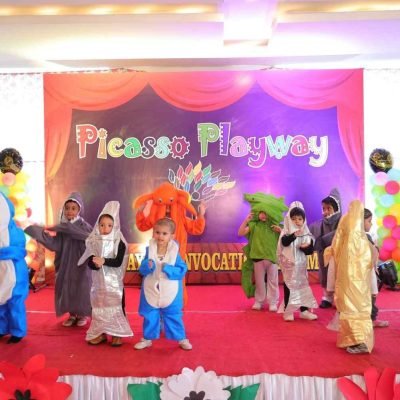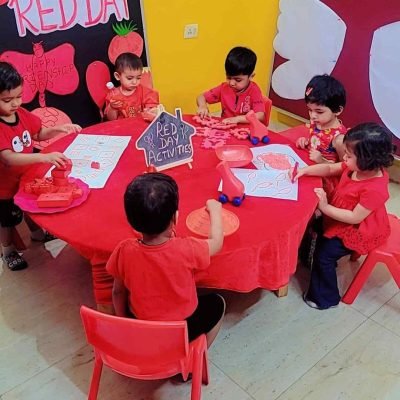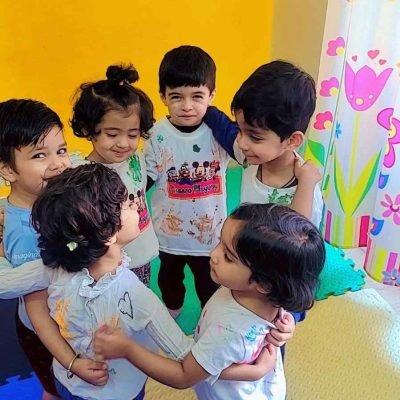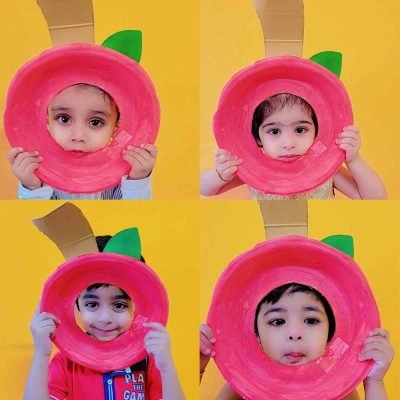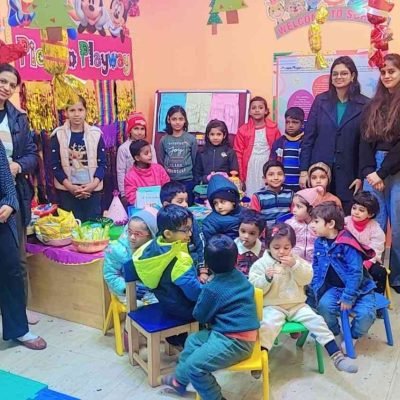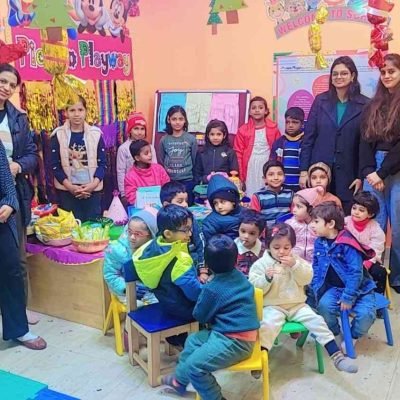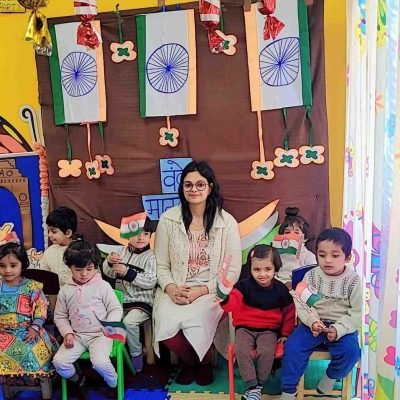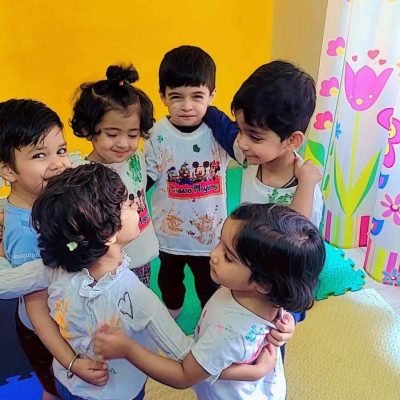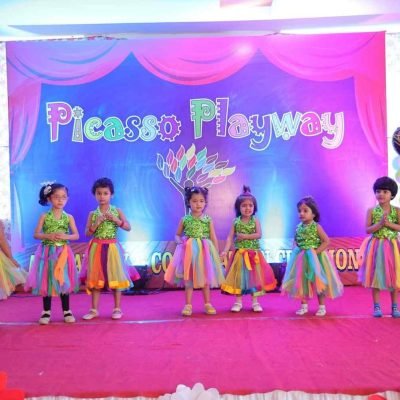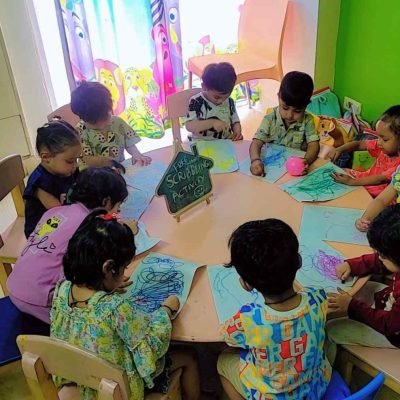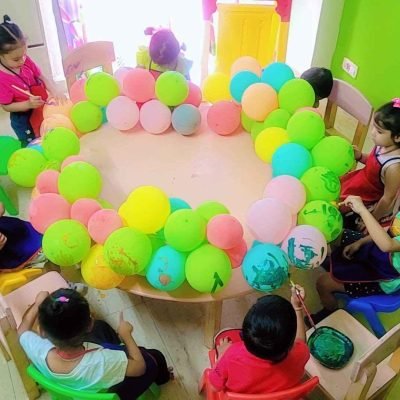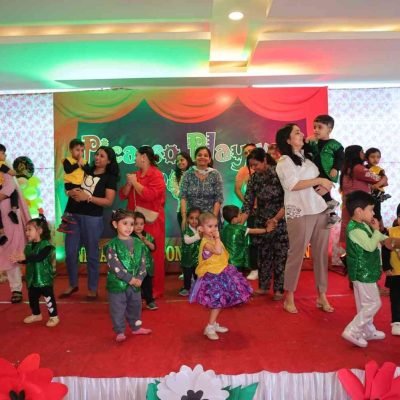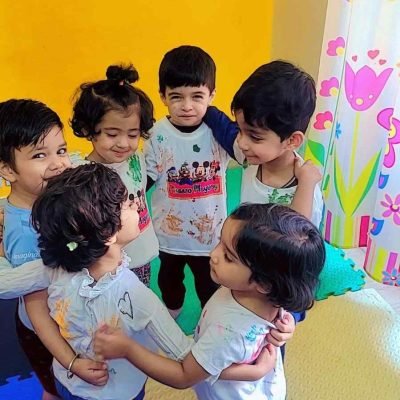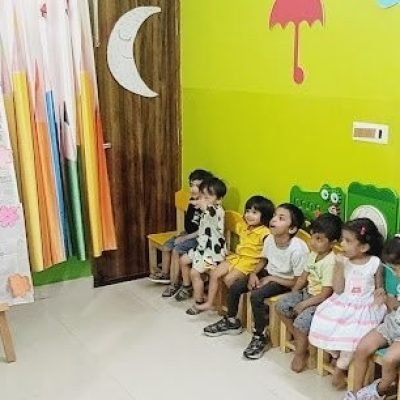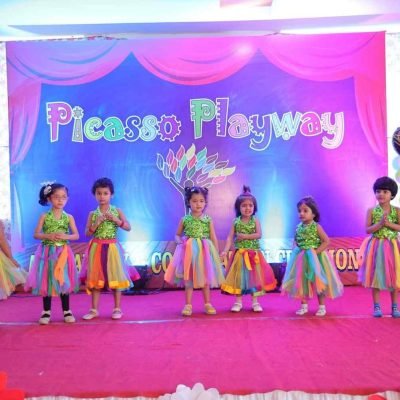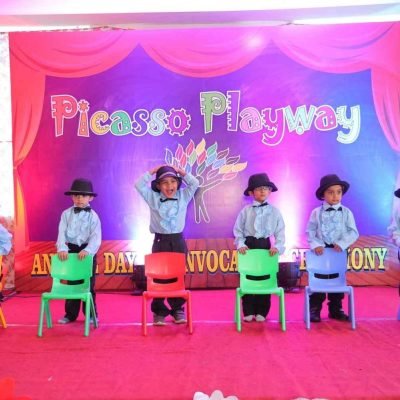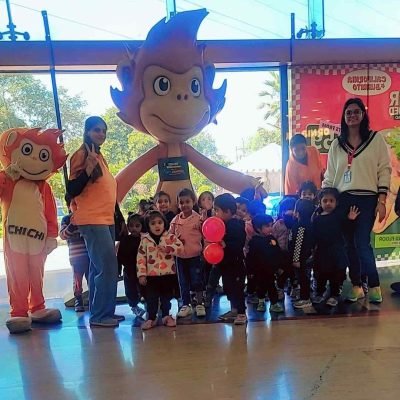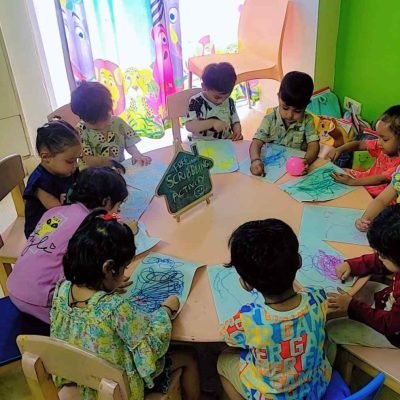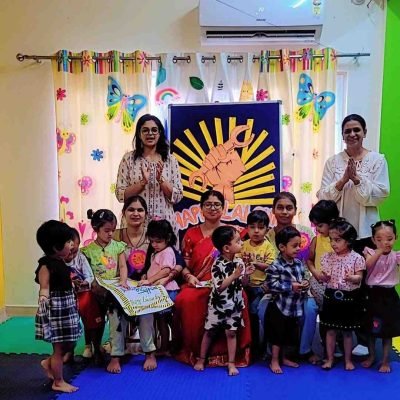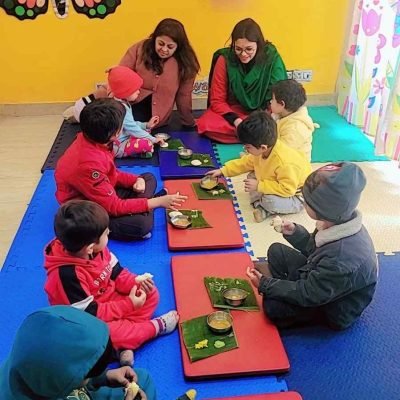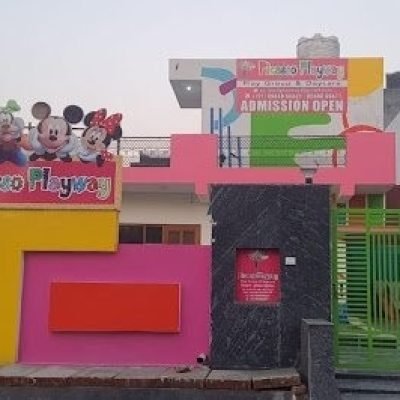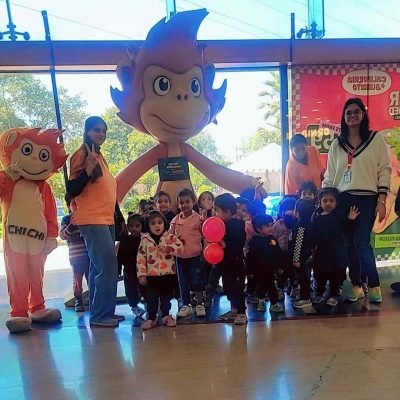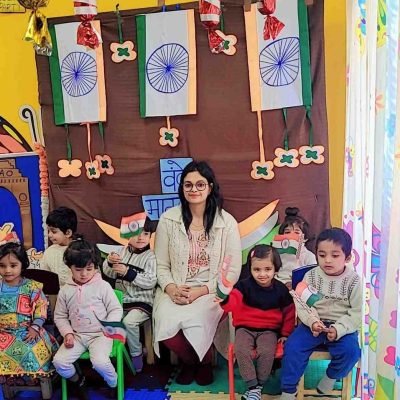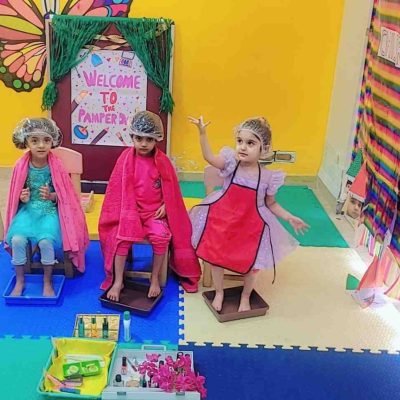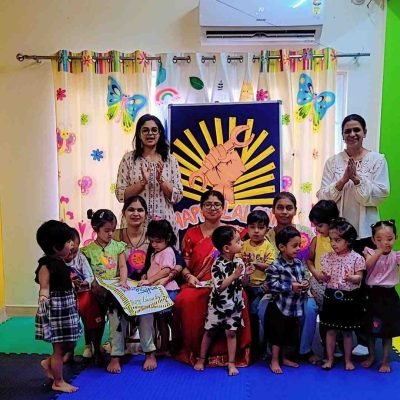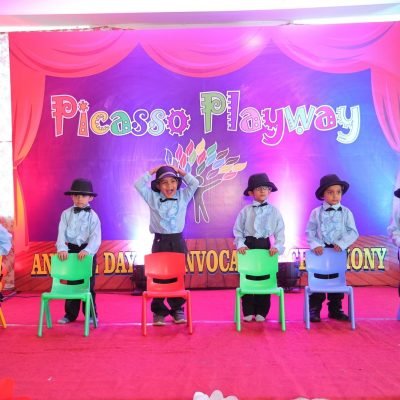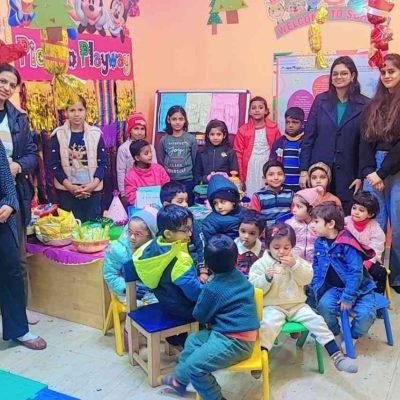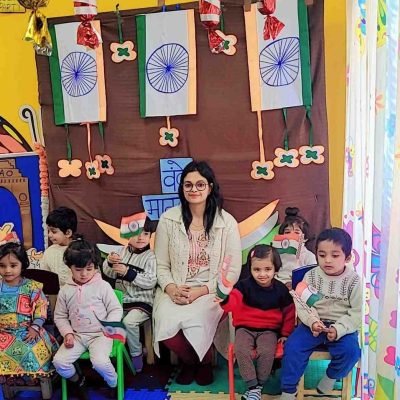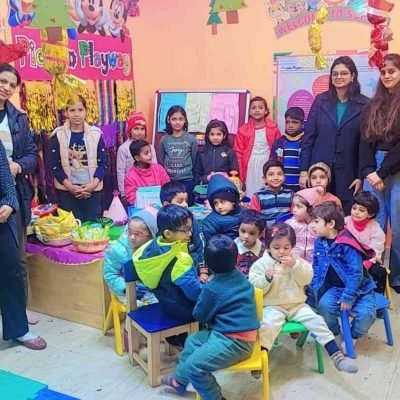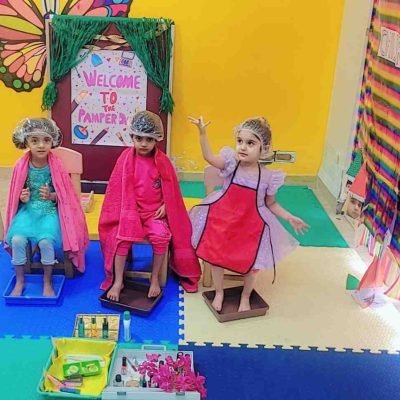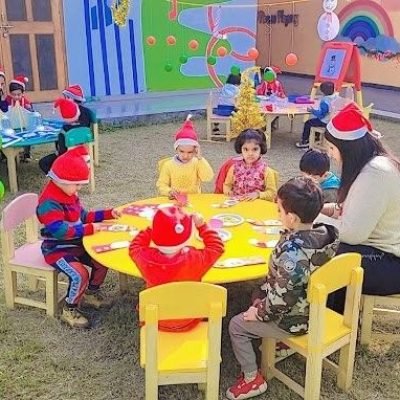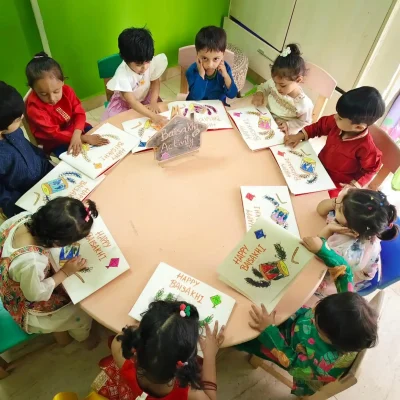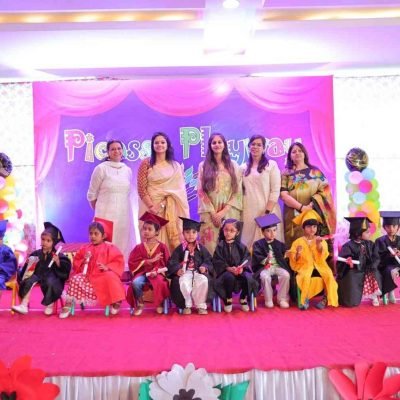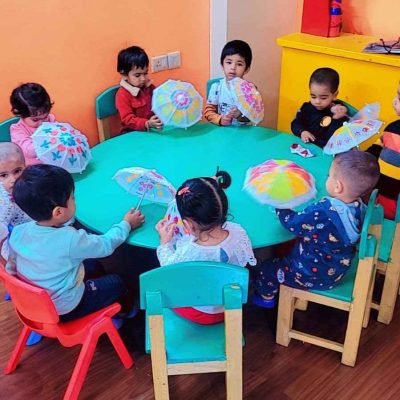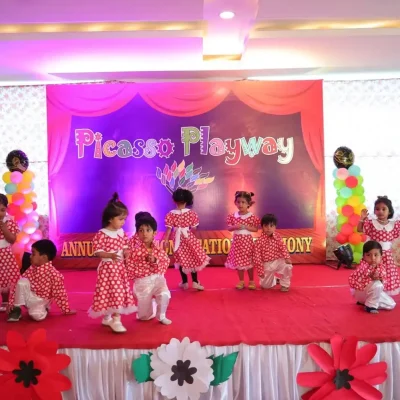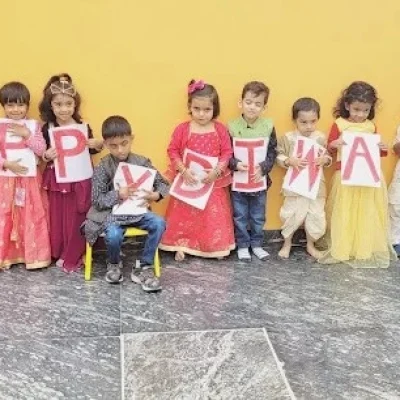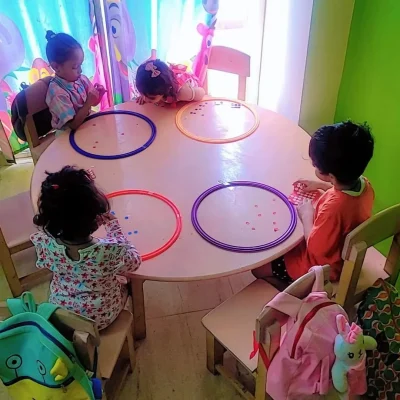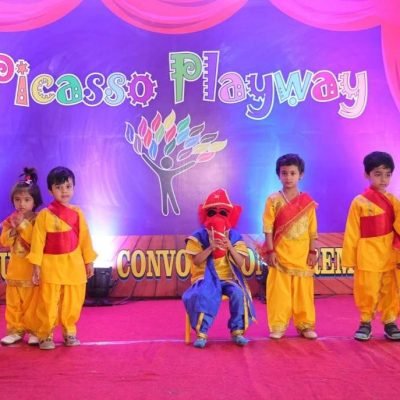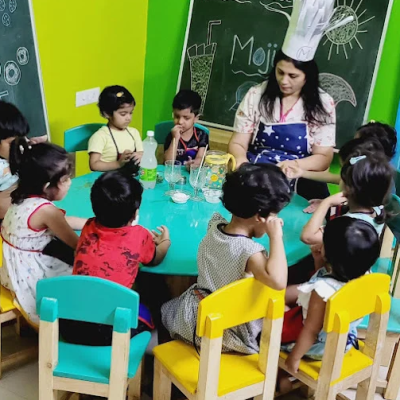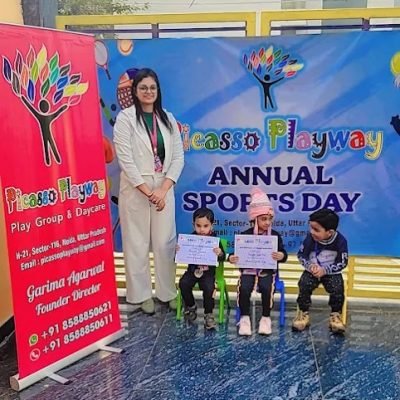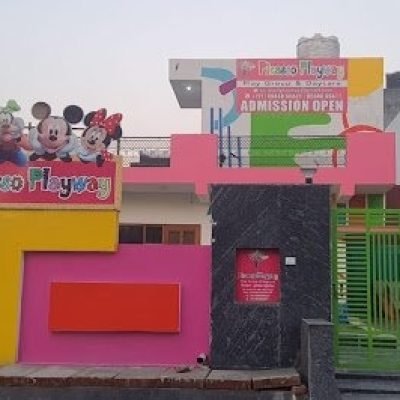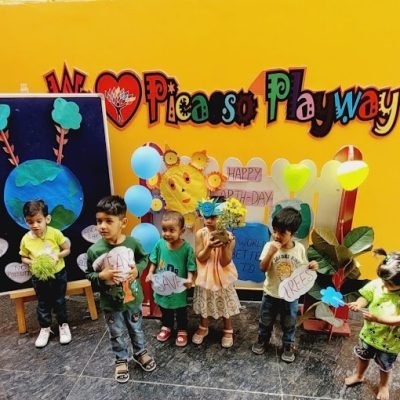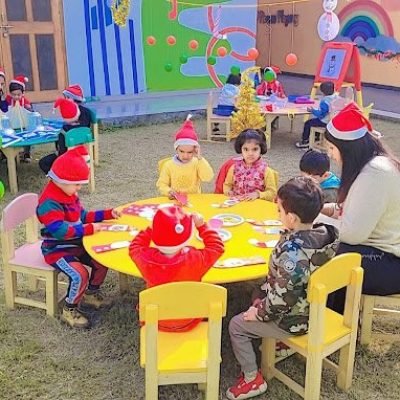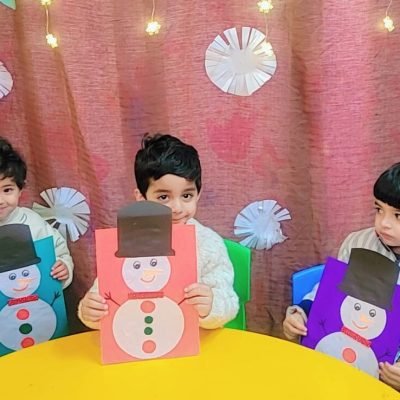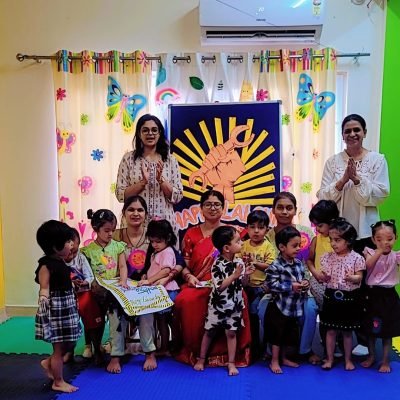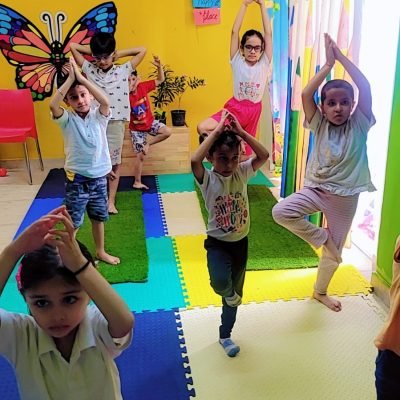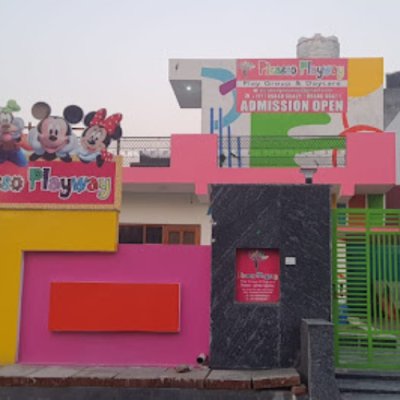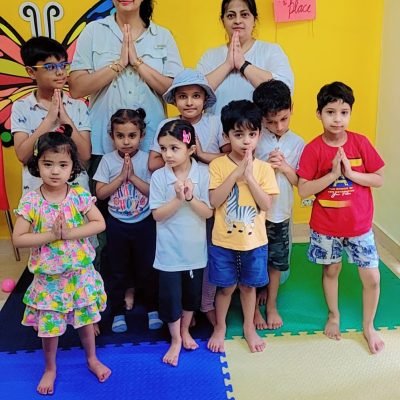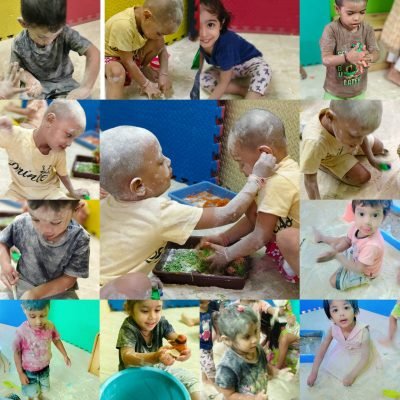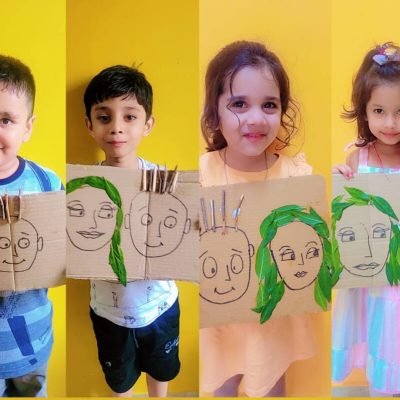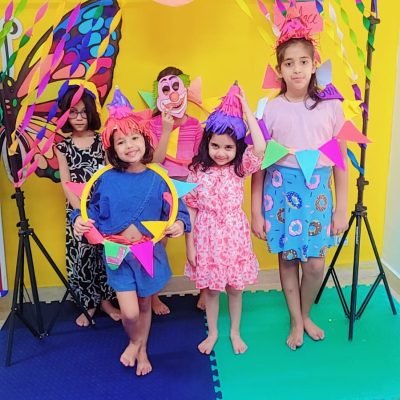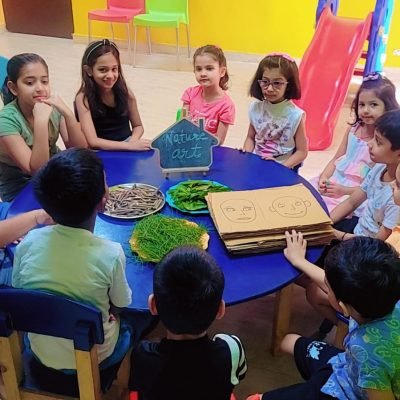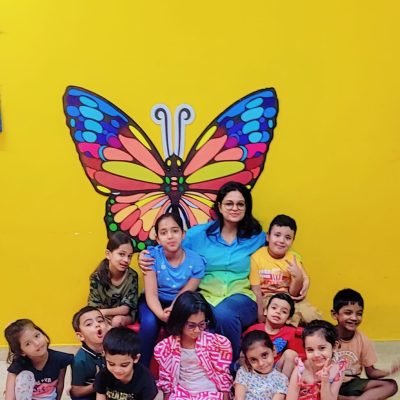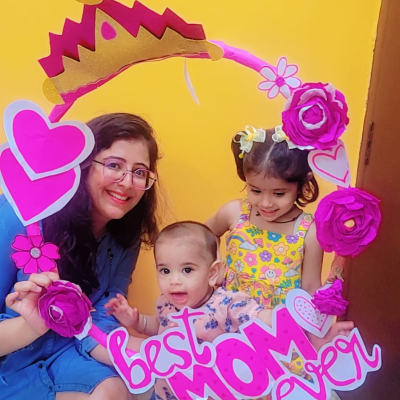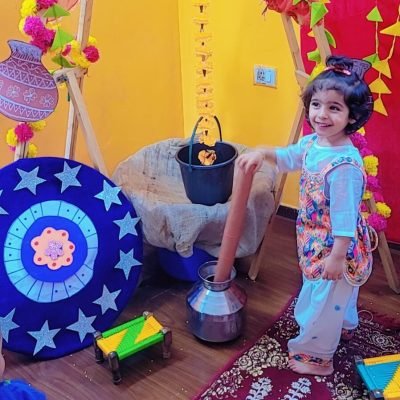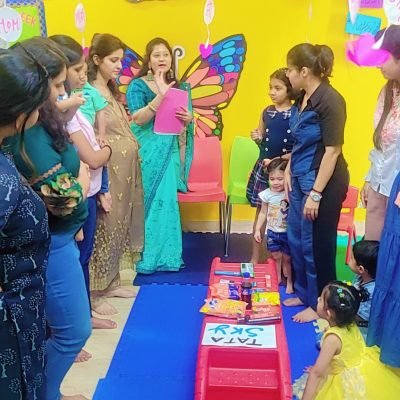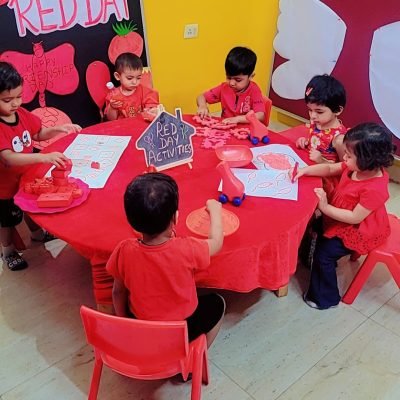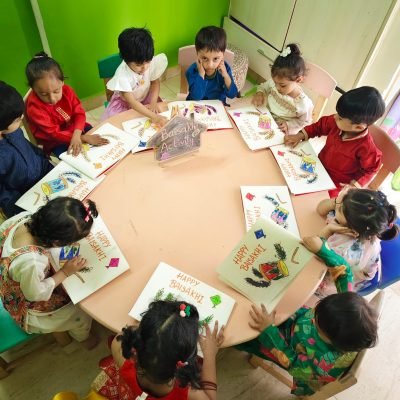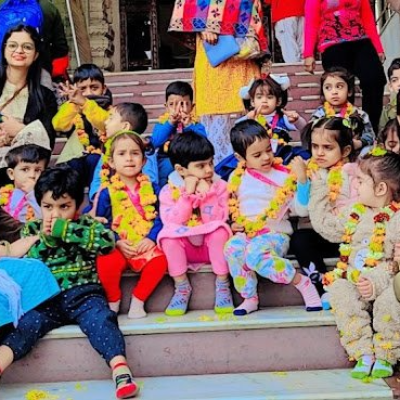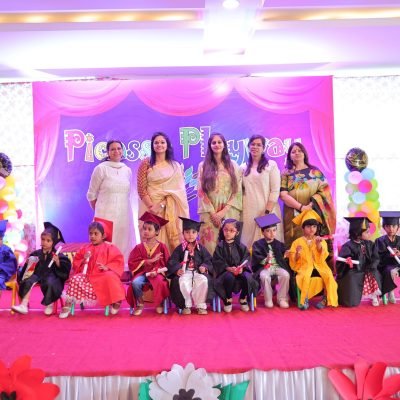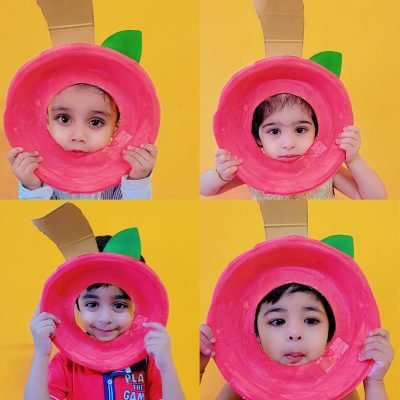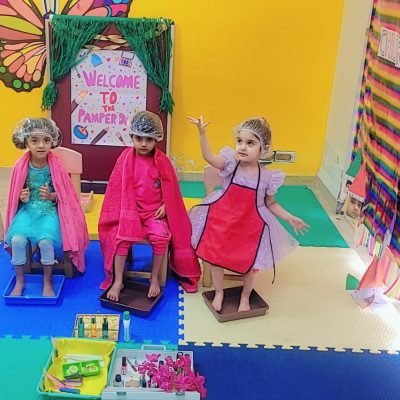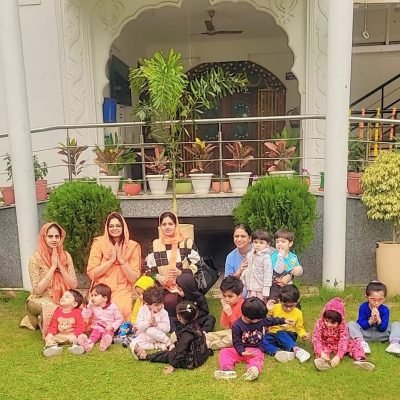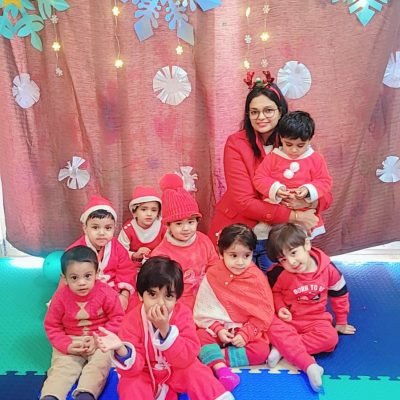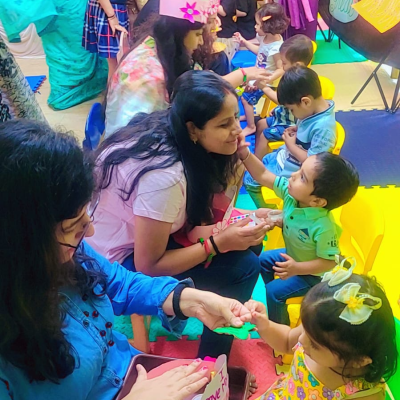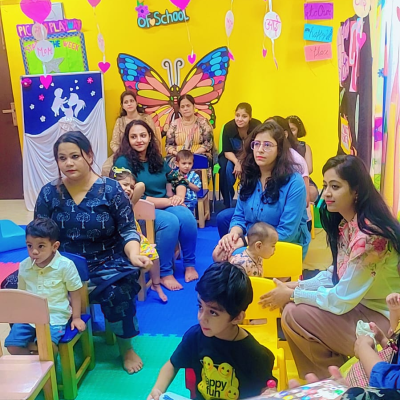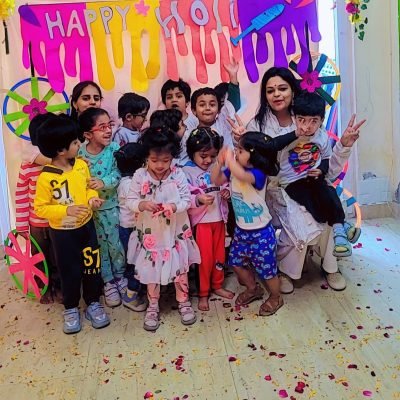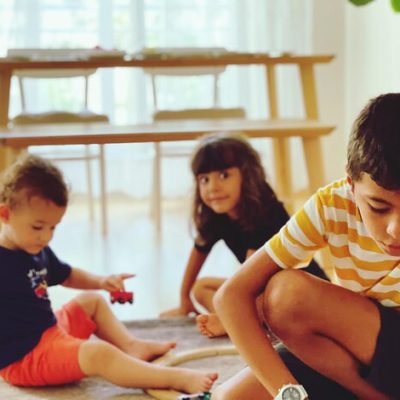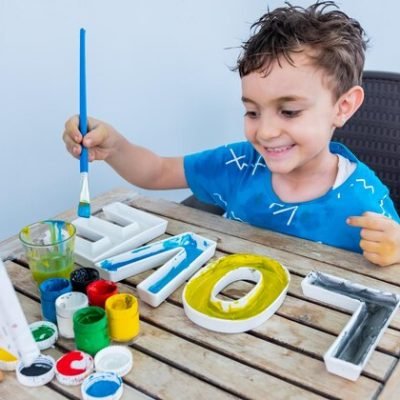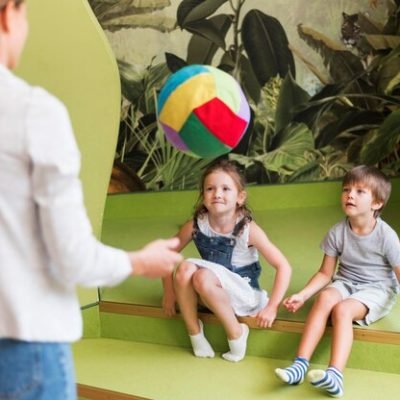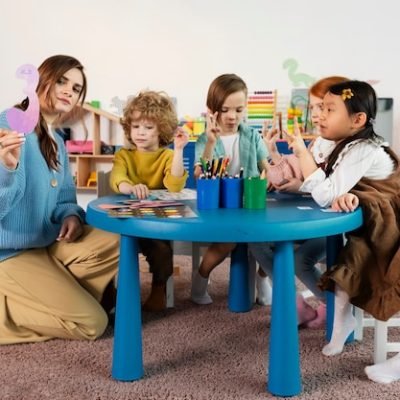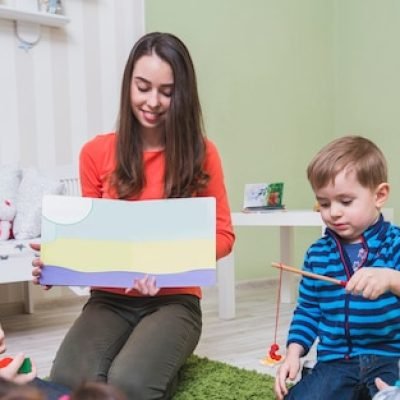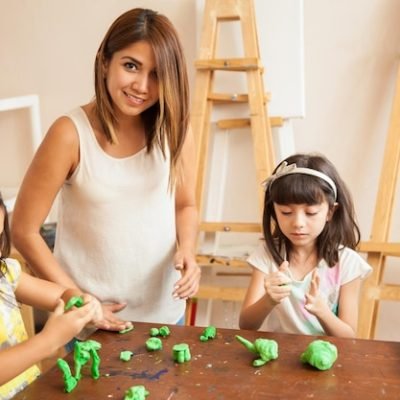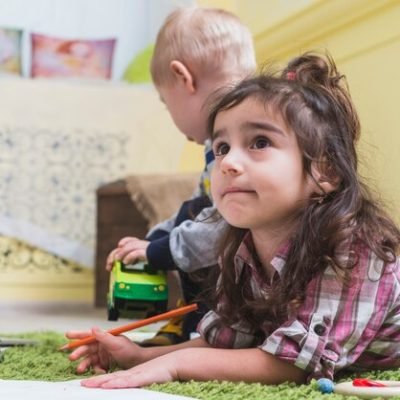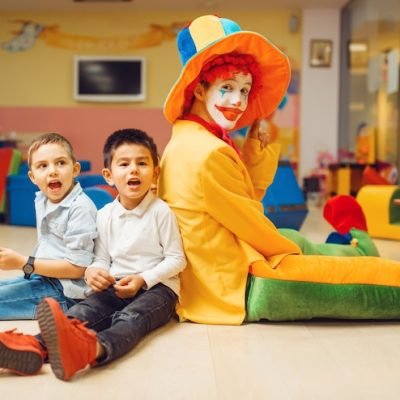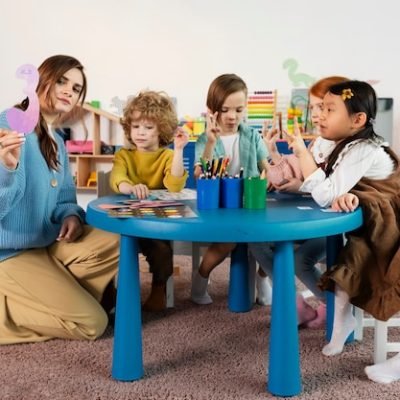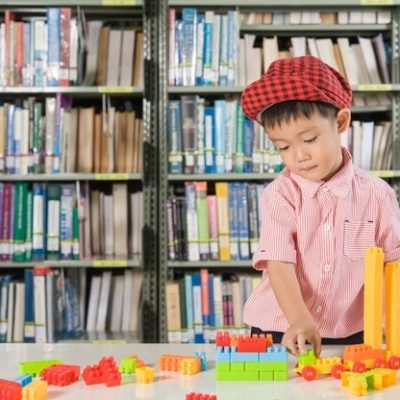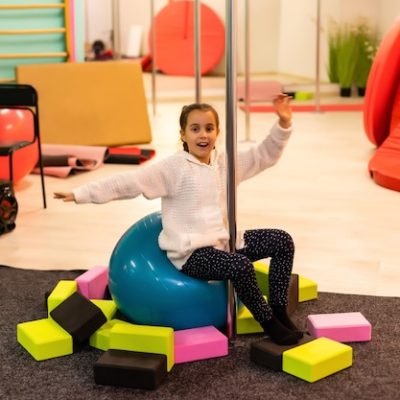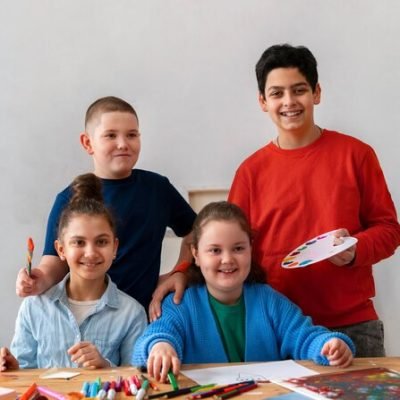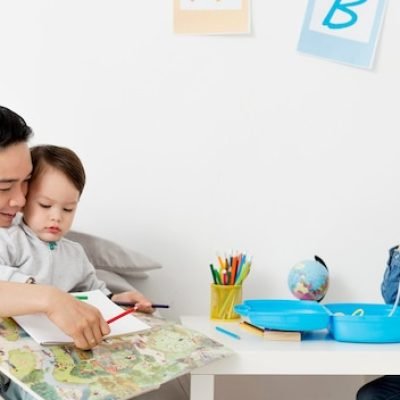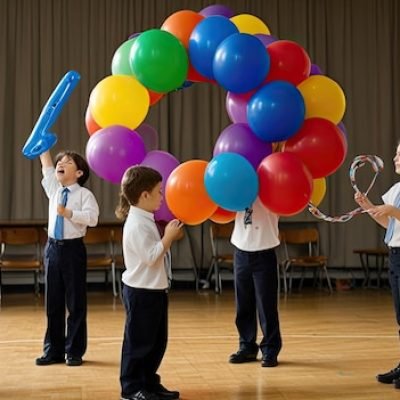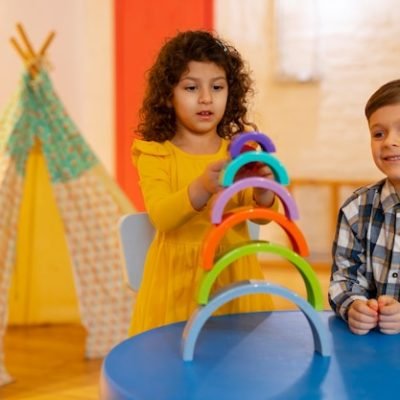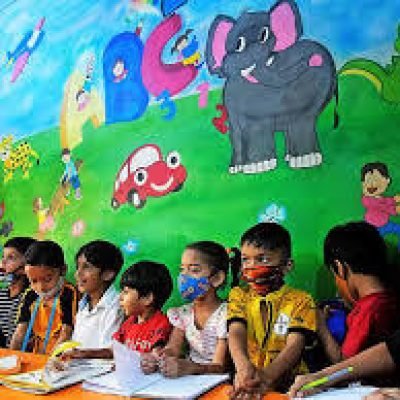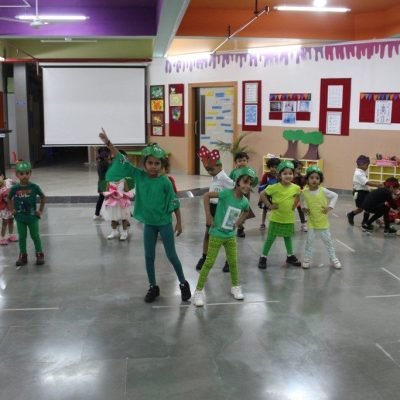Creating an effective curriculum for a pre-nursery school is a critical task that lays the foundation for a child’s educational journey. In Noida Sector-116, the goal is to design a curriculum that caters to the holistic development of children, fostering their cognitive, social, emotional, and physical growth. This article will explore the essential elements of a successful curriculum for a pre-nursery school in Noida Sector-116, ensuring that young learners receive a balanced and enriching early education.
1. Understanding Early Childhood Education
Early childhood education focuses on the development of children from birth to eight years old. It encompasses various domains, including cognitive development, language and literacy, social and emotional growth, and physical well-being. The curriculum should be designed to nurture these areas through engaging and age-appropriate activities.
2. Importance of a Well-Rounded Curriculum
A well-rounded curriculum ensures that children develop a range of skills and knowledge. For a pre-nursery school in Noida Sector-116, it is essential to include activities that promote creativity, critical thinking, problem-solving, and social interaction. The curriculum should be flexible and adaptable to cater to the diverse needs and learning styles of young children.
3. Key Components of the Curriculum
a. Cognitive Development
Activities that stimulate cognitive development are crucial. These include puzzles, memory games, sorting activities, and basic math and science concepts. Encouraging curiosity and exploration helps children develop their cognitive abilities.
b. Language and Literacy
Language and literacy development are fundamental in early education. Storytelling, rhymes, songs, and interactive reading sessions enhance vocabulary and comprehension skills. Incorporating both verbal and written activities fosters a love for reading and effective communication.
c. Social and Emotional Growth
Social and emotional development is nurtured through group activities, role-playing, and collaborative projects. Teaching children about emotions, empathy, and social skills prepares them for positive interactions and relationships.
d. Physical Development
Physical activities such as outdoor play, dance, yoga, and fine motor skill exercises are vital for physical growth. These activities promote coordination, balance, and overall physical health.
4. Incorporating Play-Based Learning
An essential component of early childhood education is play-based learning. It enables learning through play, which is a natural and pleasurable experience for kids. Incorporating play into the curriculum encourages creativity, imagination, and problem-solving skills.
5. Creating a Safe and Stimulating Environment
The learning environment plays a significant role in a child’s development. For a pre-nursery school in Noida Sector-116, the environment should be safe, welcoming, and stimulating. Age-appropriate learning resources, books, and toys should be provided in classrooms to promote inquiry and discovery.
6. Involving Parents and Caregivers
Parental involvement is crucial for a child’s success. Regular communication with parents and caregivers helps reinforce learning at home. Workshops, newsletters, and parent-teacher meetings can keep parents informed and engaged in their child’s education.
7. Professional Development for Educators
Educators play a pivotal role in implementing the curriculum. Providing ongoing professional development opportunities ensures that teachers stay updated with the latest teaching strategies and methodologies. Well-trained teachers can effectively support and guide children’s learning experiences.
8. Monitoring and Assessment
Regular monitoring and assessment help track a child’s progress and identify areas for improvement. For a pre-nursery school in Noida Sector-116, assessments should be age-appropriate and non-intrusive, focusing on observation and documentation of a child’s development.
9. Integrating Technology
Technology can enhance learning when used appropriately. Interactive educational apps, digital storytelling, and online resources can supplement traditional teaching methods. It is important to balance screen time with hands-on activities to ensure a well-rounded approach.
10. Fostering Creativity and Imagination
Encouraging creativity and imagination is essential for a child’s development. Art, music, drama, and imaginative play should be integral parts of the curriculum. These activities help children express themselves and develop critical thinking skills.
Conclusion
Designing an effective curriculum for a pre-nursery school in Noida Sector-116 requires a comprehensive approach that addresses all aspects of a child’s development. By incorporating cognitive, language, social, emotional, and physical activities, educators can create a nurturing and stimulating environment for young learners. For more information and resources on pre-nursery education, visit Picasso Playway.
For any further queries, Plz visit https://picassoplayway.com/ you can check our social media accounts, Facebook, Instagram,
